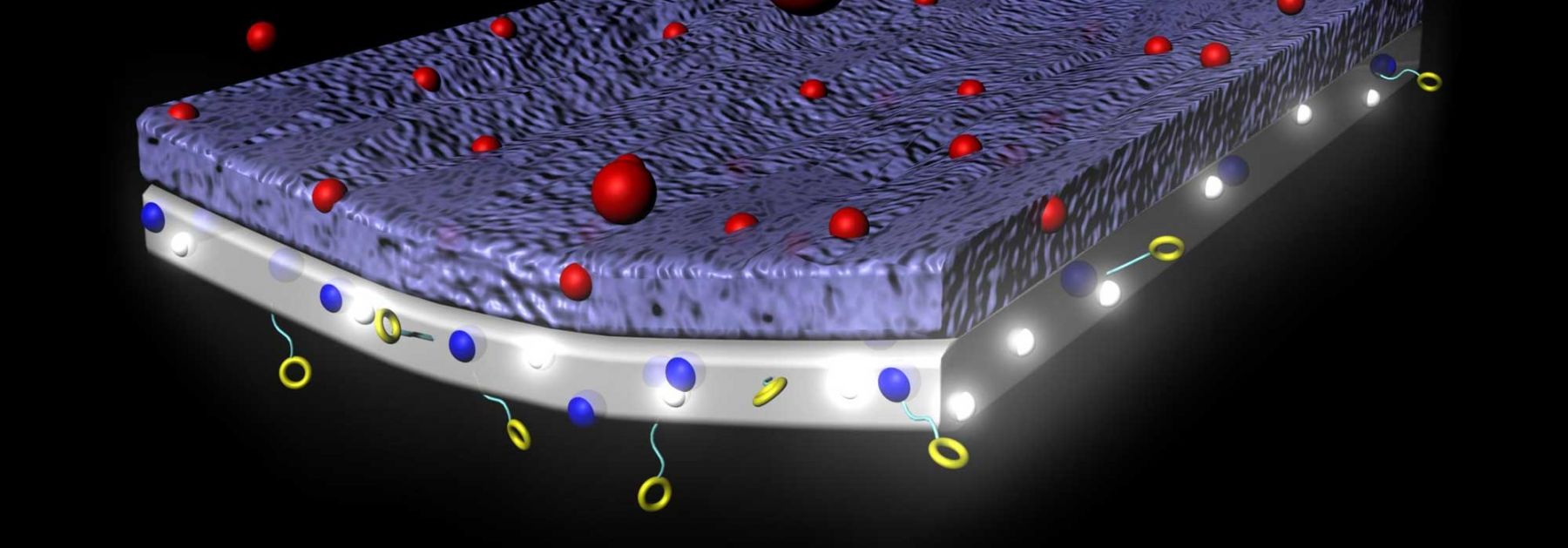Research in cell, tissue & device engineering involves the derivation of new materials using biological components (or inspired by biological mechanisms) and the development and application of engineered materials that interface with biology by exploiting biological or biology-like functionalities. UCSB researchers are harnessing biology for: engineering biomaterials and biointerfaces; cell and tissue engineering; biofabrication; biosensors; understanding the biophysics, structure and function of living matter. Applications include the design of biosensors, tissue chips for modeling human physiology in a dish, and genetically engineered systems and cells enabling optogenetic control of signaling pathways.
